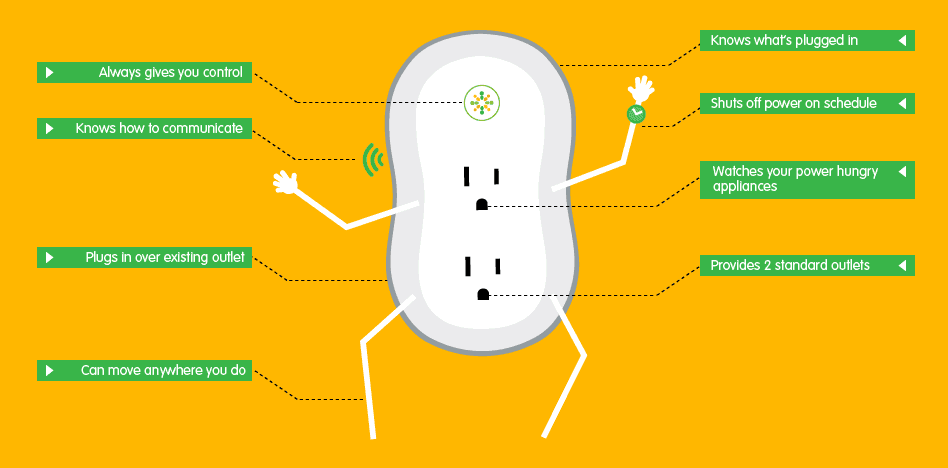What do you do if you have a great cleantech product, but you don’t have the marketing and sales infrastructure to get your product out into the marketplace on a large scale?
For ThinkEco CEO Jun Shimada, partnerships have been the answer. “This is really key for companies in this space because they have to be really capital efficient and need partners to help you distribute the product,” he explained during a recent panel discussion in New York sponsored by NYSERDA. And thanks to his work with companies like Con Edison, Verizon and ESP, Shimada’s company has been able to mine a new opportunity: they’ve been able to collect more valuable data on consumer energy consumption behavior than they would have been able to acquire on their own. “Now you have scaled distribution you are able to look at data in a very interesting way,” Shimada said.
ThinkEco last raised $5.4 million in venture capital in Dec. 2011, as part of a $6.6 million total round it was raising.
Let’s back up for a moment. ThinkEco’s signature product is the “modlet,” a more energy efficient outlet that plugs into traditional wall outlets and captures real-time data on energy usage that can be monitored online. Running on old-fashioned outlets, appliances tend to use power even when they’re not in use. The modlet automatically turns power off to appliances that don’t need it. Micah Kotch, director at NYU’s Polytechnic Institute’s innovation and entrepreneurship office, who introduced Shimada, recalls seeing ThinkEco’s prototype for the “modlet” several years ago—it looked like an “ugly breadbox with some wires and some buttons on it,” he recalls. Today, he hails the device as “the coolest and probably the most efficacious cloud-based energy efficiency management system out there.”
ESP, which manufactures surge protection hardware for copy machines, now embeds ThinkEco’s technology into its own offerings, which are the industry standard for copier protection. Con Edison, likewise, offers a program in partnership with ThinkEco that utilizes modlet technology in a way that lets consumers control their air conditioner and room temperature using their smartphones. The residual benefit: ThinkEco is able to deliver data to ConEd that allows the company to craft better energy efficiency strategies—identifying customers who are more amenable to “demand response” and thus less likely to care if power is turned off to their air conditioners during hot summer days, for example. “That can be used to drive really efficient models of response,” Shimada says.
ThinkEco’s data-driven model even has implications for the enterprise sector, in regards to issues of appliance procurement. “Which printer should I buy? This is important for large organizations” says Shimada, who also pointed out that their data can also be used to motivate employees to comply with sustainability measures.
